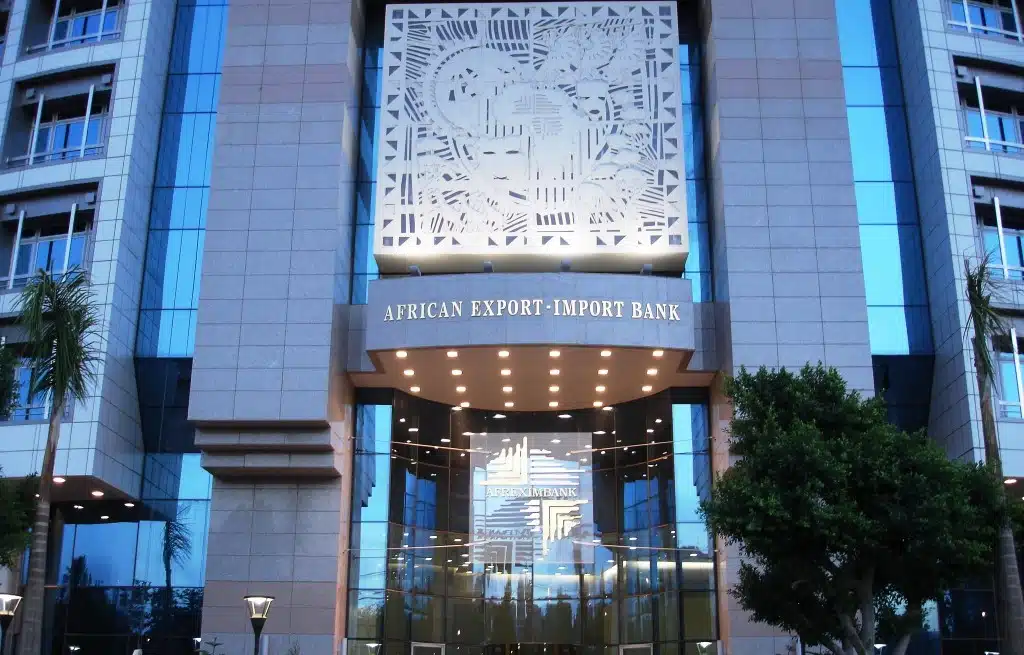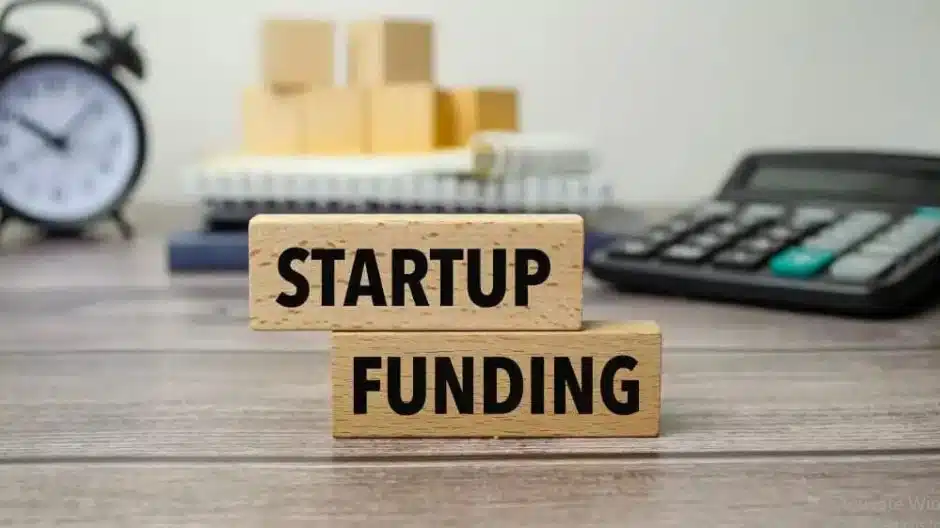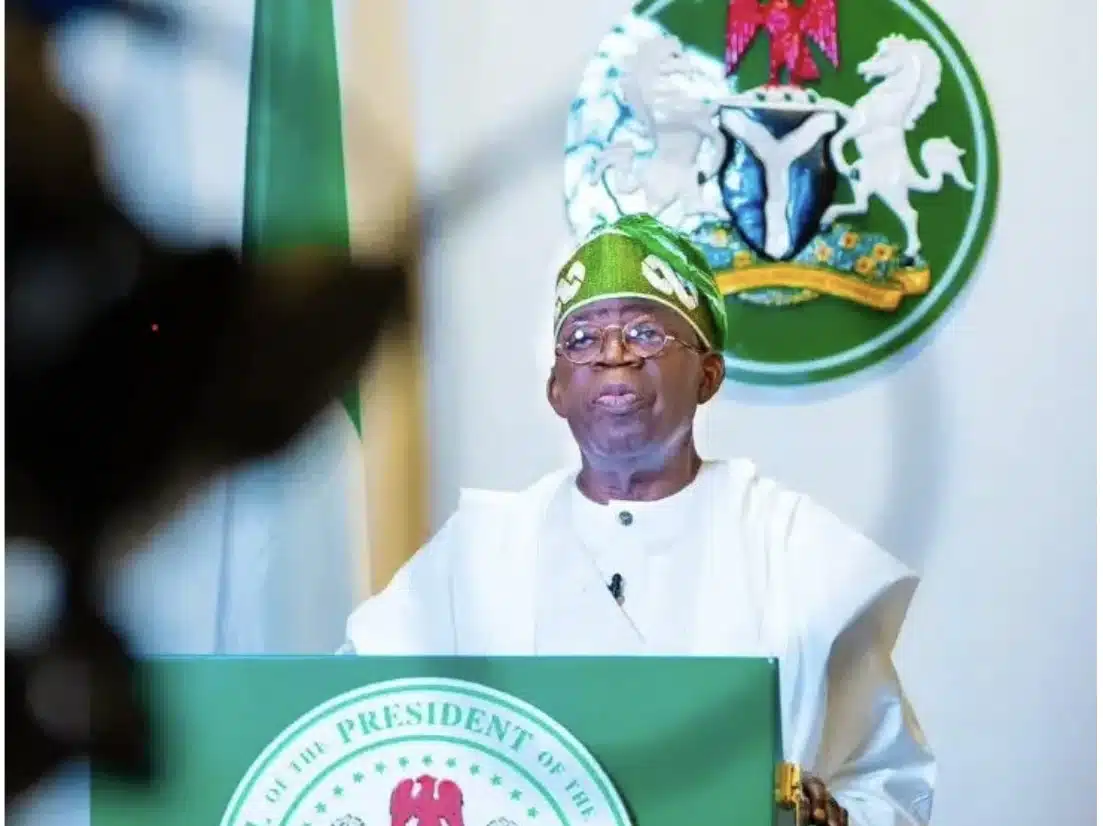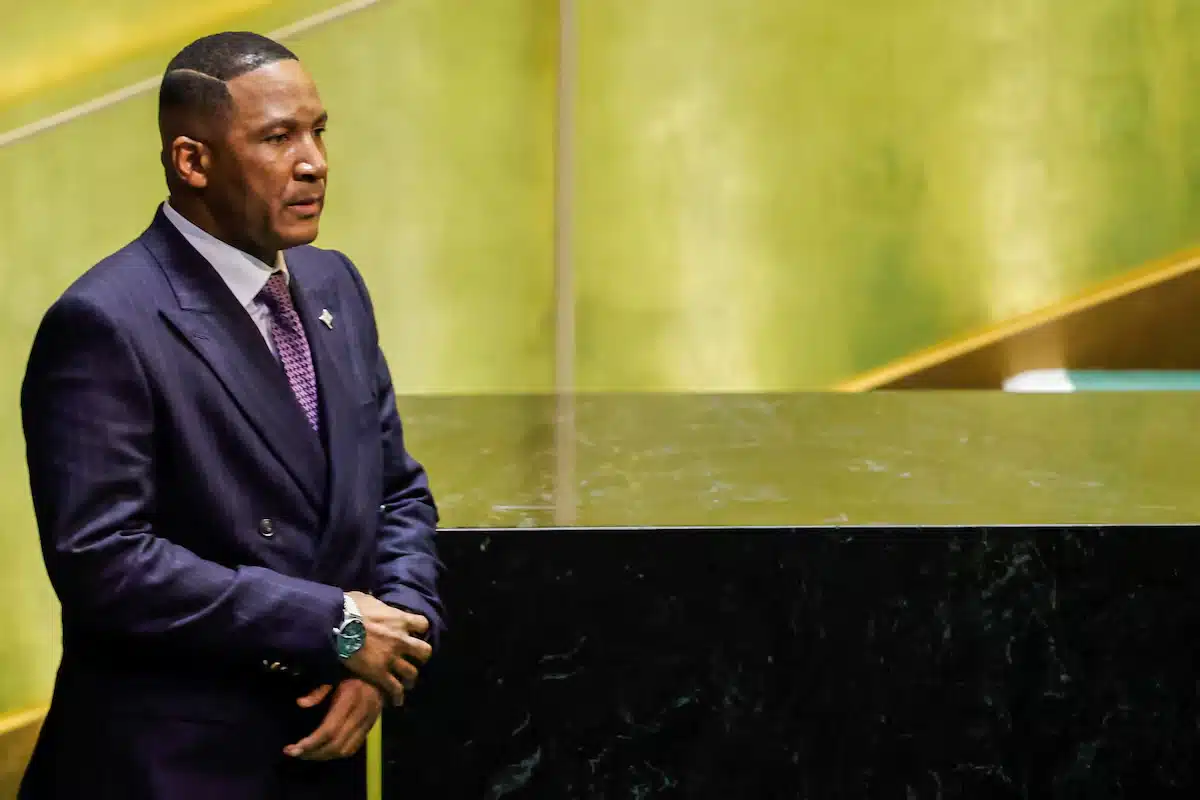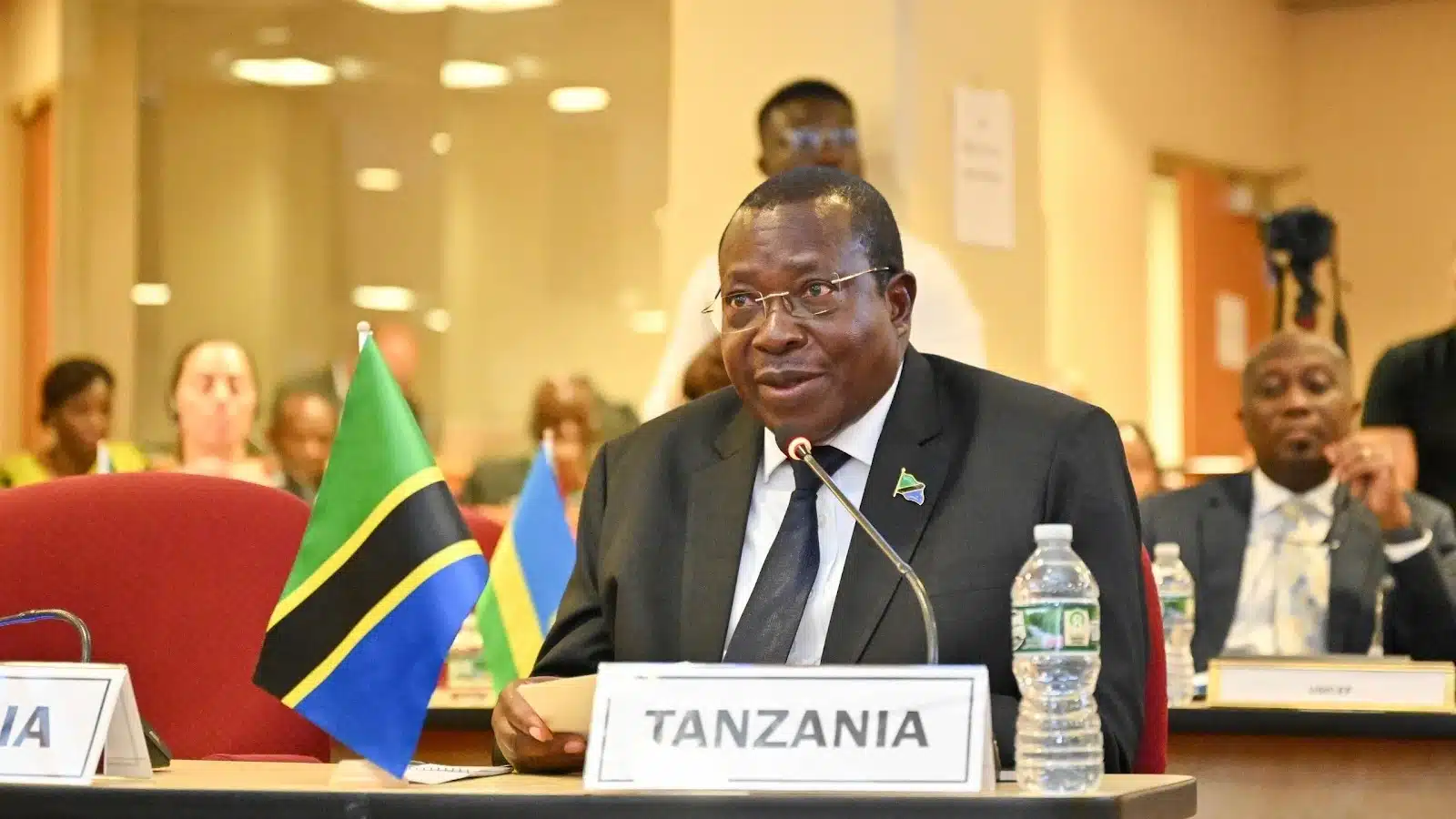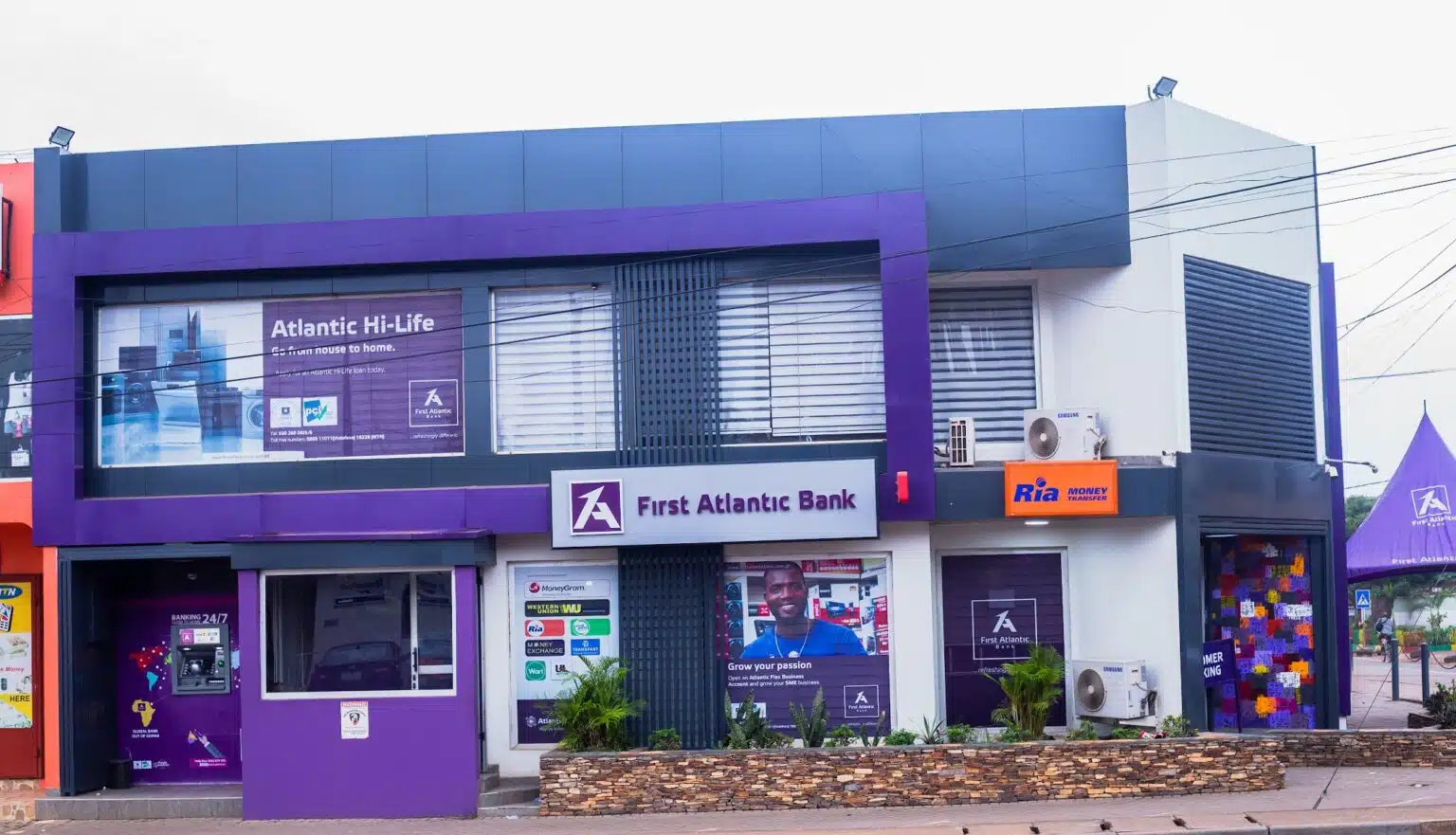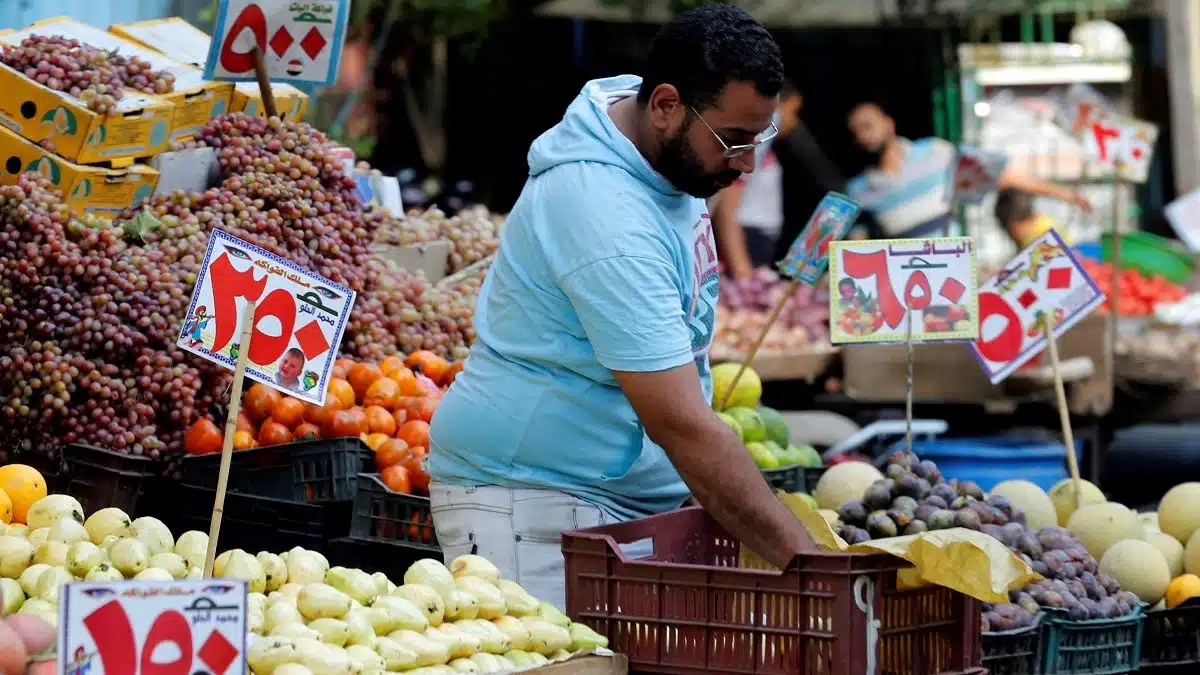Libya officially became the 52nd shareholder of the African Export-Import Bank (Afreximbank) on May 13, 2025, completing its equity subscription after ratifying the Bank’s Establishment Agreement in October 2024.
Libya’s entry into Afreximbank strengthens its access to critical trade finance and investment capital, essential for its economic rebuilding. With oil production at 1.3 million barrels per day—projected to rise to 1.6 million barrels with $3 to $4 billion in planned investments—Libya needs substantial funding for infrastructure and industrial projects.
Afreximbank’s expanded capital base, now supported by Libya’s shareholding, enables it to increase financing for regional initiatives, including energy connectivity and cross-border trade corridors.
This partnership aligns with Libya’s expected 13.7% GDP growth in 2025 and its projected fiscal surplus of 8.7% of GDP, driven largely by oil revenues. Moreover, access to Afreximbank’s pan-African financial platforms could reduce Libya’s reliance on volatile currency markets, following the 13.3% devaluation of the Libyan dinar earlier this year.
Libya’s economy is showing promising growth after years of conflict, but persistent political instability, corruption, and security challenges continue to hamper investor confidence and reconstruction efforts.
Membership in Afreximbank provides Libya with new financial tools to support exporters, attract foreign investment, and develop key sectors such as oil and gas, logistics, and manufacturing. It also signals Libya’s commitment to regional economic integration, which could help stabilise the country politically and economically.
International organisations like the IMF and World Bank emphasise Libya’s significant economic potential if political reforms and governance improvements take place.
Afreximbank’s role is central in advancing Africa’s broader goals of boosting intra-continental trade through initiatives like the African Continental Free Trade Area (AfCFTA) and the Pan-African Payment and Settlement System (PAPSS).
Experts note, however, that Libya’s political and security challenges remain major hurdles that need addressing to fully realise these economic opportunities.

